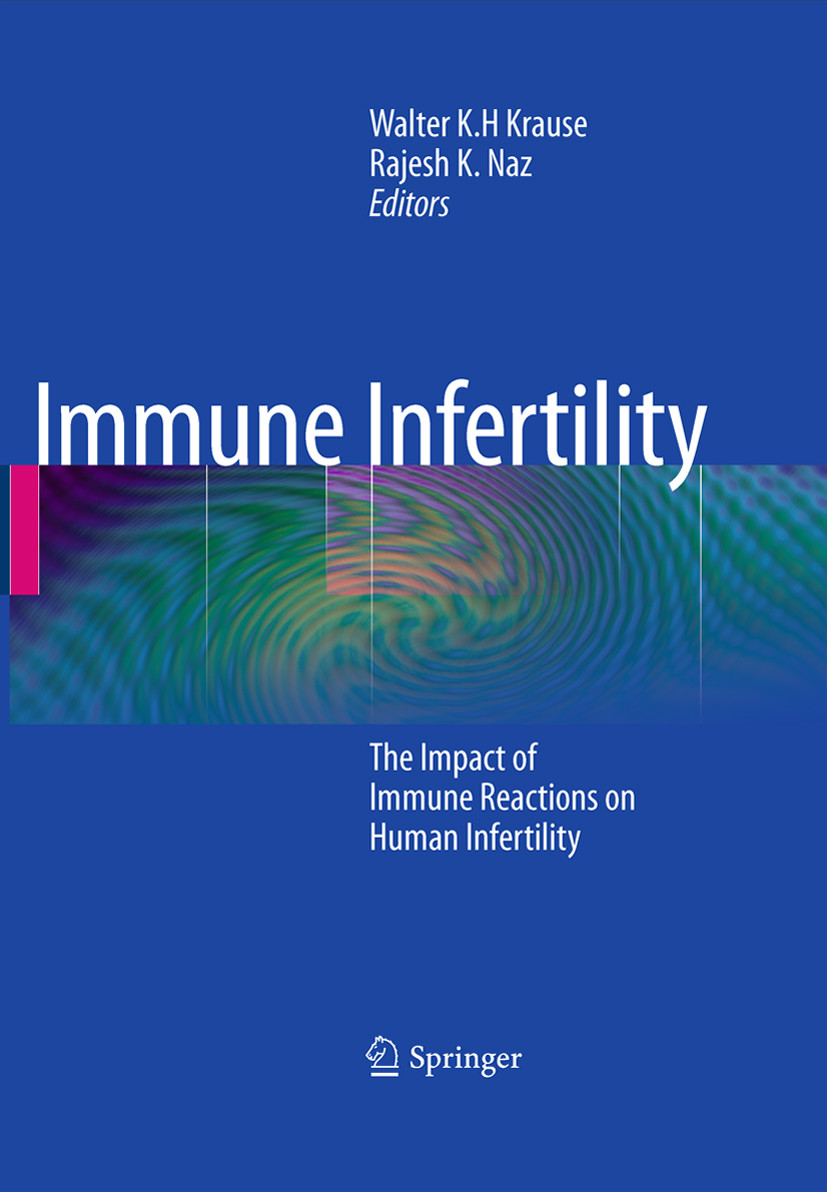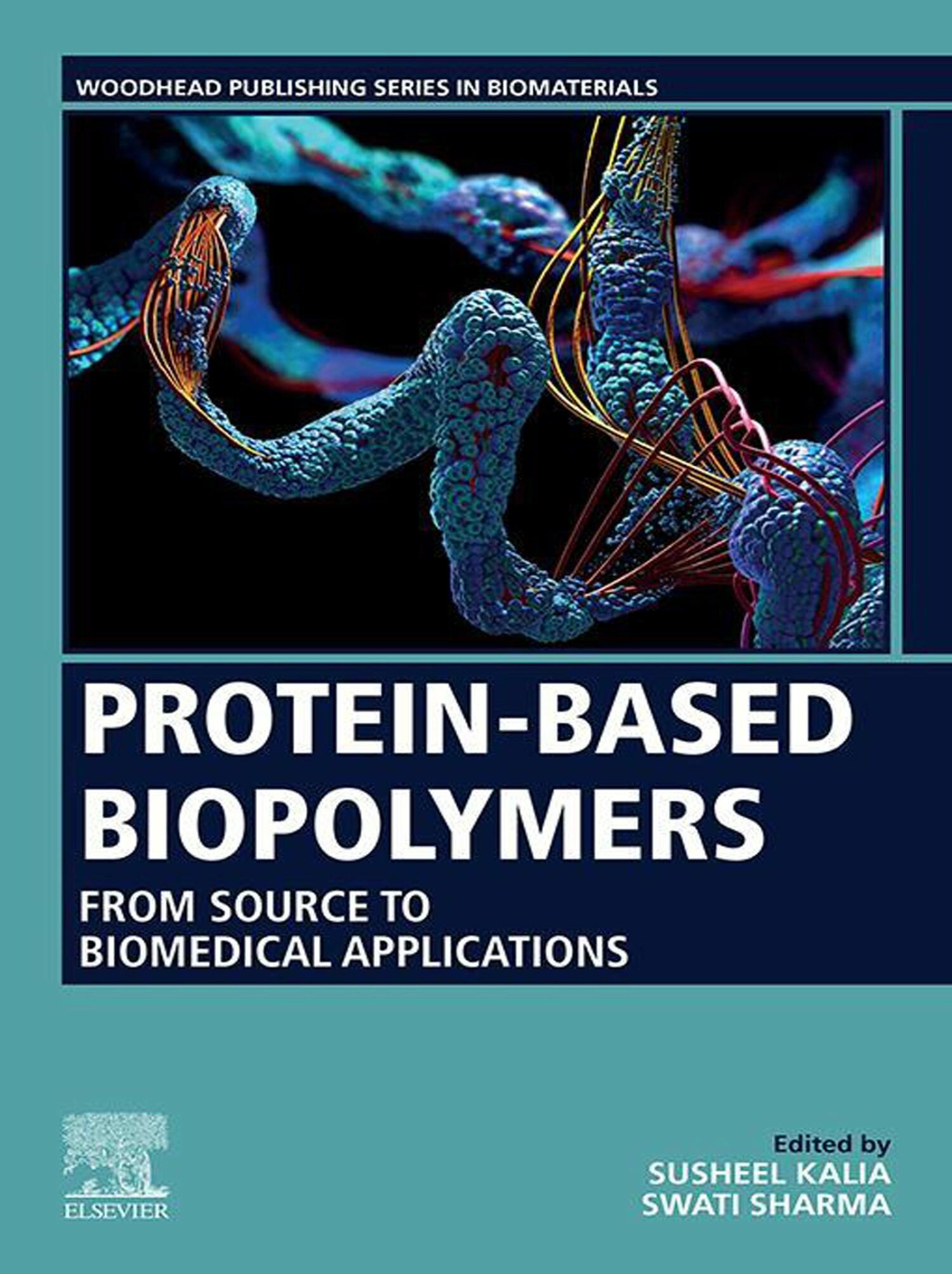Immune Infertility
The Impact of Immune Reactions on Human Infertility
| Auflage | 1. Auflage, 2009 |
| Verlag | Springer-Verlag |
| ISBN | 9783642013799 |
Sofort zum Download (Download: PDF)
Produktbeschreibung
Infertility is defned as the inability to conceive after having unprotected intercourse for a year. Infertility is increasing worldwide and has various causes both in the male and the female partner. Immune reactions to sperm can contribute up to 2–30% of infertility. The sperm has both autoantigenic as well as isoantigenic potential, and is thus capable of p- ducing antisperm antibodies (ASAs) and sperm-reactive T cells in both infertile men and women. Also, over 75% vasectomized men produce autoantibodies to sperm that can cause a problem in regaining fertility even after successful re-anastomosis in vasovasostomy. Early claims regarding the incidence and involvement of ASAs in involuntary human infertility were probably overemphasized because of unreliable techniques and naivety concerning the complexity of the immune response and antigenic nature of the sperm cell. These factors, the lack of well-designed and controlled experimental studies, and the dearth of effective therapeutic modalities resulted in the confusion of the occurrence and importance of ASAs in human infertility. Consequently, evaluation of infertile couples for ASAs and their possible role in infertility was not considered a signifcant proposition. The development of more accurate assays and the discovery of mucosal immunity capable of responses independent of systemic immunity have caused inclusion of sperm cells and genital tract secretions in the analysis of ASAs.

